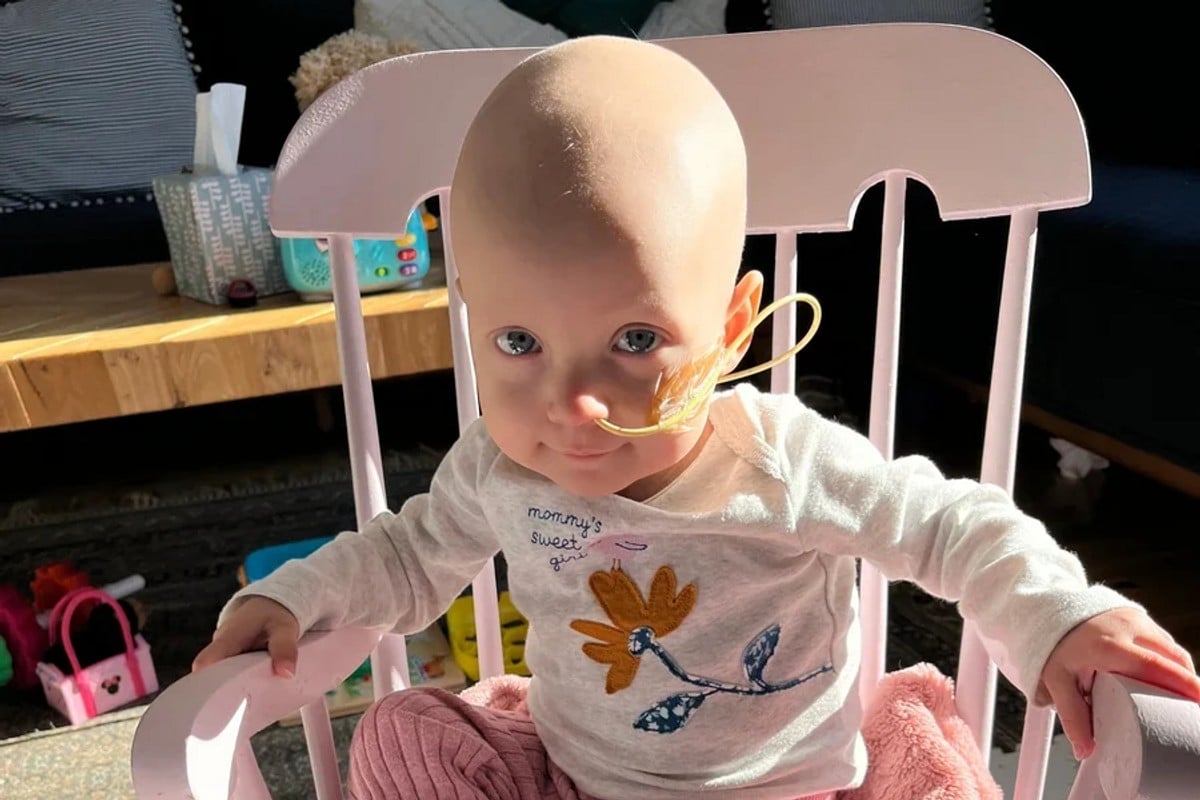
This article was originally published on Medium.
The world became a terrifying and unpredictable place after our daughter June was diagnosed with cancer. It only grew worse as we spent a large part of the year isolated in a hospital room. Furthermore, I was pregnant.
I forgot how to interact with ordinary people in common spaces like the grocery store. It was simple, between us existed an invisible divide: I had been touched by paediatric cancer, and for all I knew, they hadn't.
I padded my life with oncologists and nurses. The only exception, was my OBGYN. Although, she too, had been touched by paediatric cancer because she provided me with meticulous care during a tumultuous pregnancy with June. These were my safe people. I lived in fear of everyone else, especially those from my life from before we knew June was sick.
When we weren't hospital bound due to chemotherapy or blood infections, we spent time in our home. Life outside was reduced to a picture frame window. Looking out the window was like looking through the objective lens, or wrong end, of a telescope. People, animals, and cars appeared blurry and far away. They might as well have been Mars or Pluto advertising an entirely unattainable way of life.
Before June's diagnosis, circumstances of our normal daily life included an infant and toddler, and life's expectations were pretty benign. We anticipated the most basic things in life. A phone call or visit with a loved one, a new show to stream, and for me, a hot cup of coffee, a tarot reading, and a tidy house.




























































































